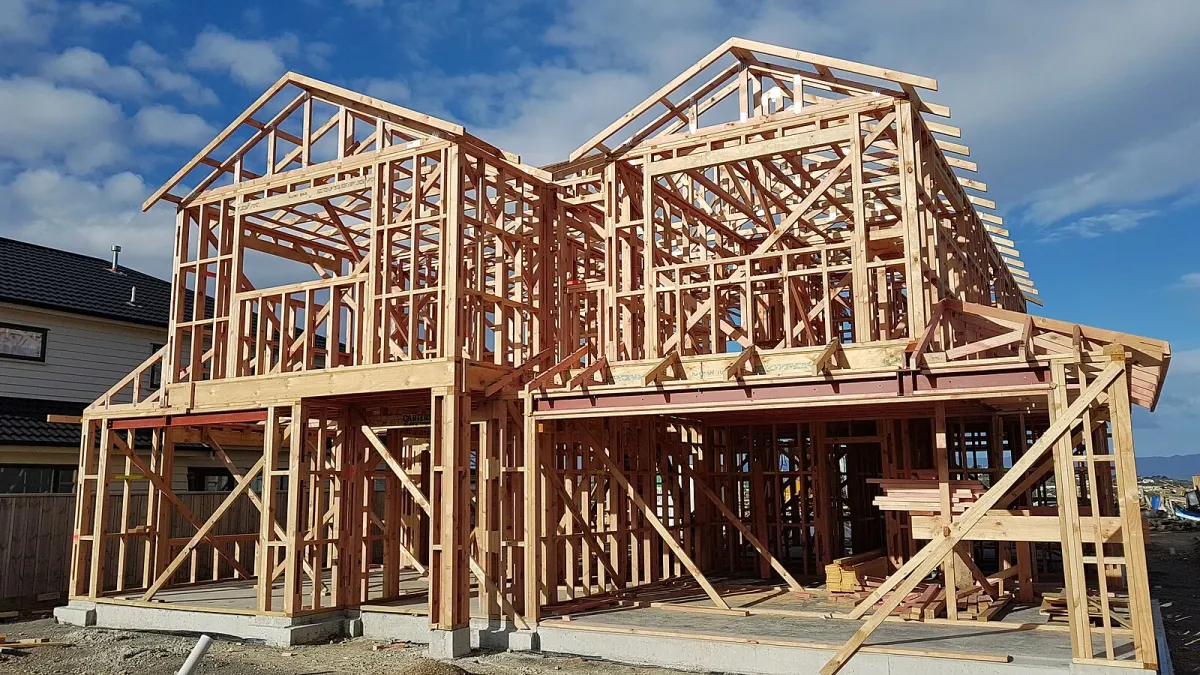
- The Government is considering reforms to the building consent system for greater efficiency.
- Options include regional BCAs or a single contact point for improved consistency.
- The current system's inefficiencies impact housing affordability and delay development.
The Government is exploring options to reform the building consent system, aiming to enhance efficiency and consistency throughout New Zealand, Building and Construction Minister Chris Penk has announced.
Related: New Legislation Aims to Cut Building Costs in New Zealand
“New Zealand has some of the least affordable housing in the world, which has dire social and economic implications. At the heart of the issue is unreasonably high building costs and a cumbersome consenting system which saps productivity and disincentivises growth and development,” Penk stated.
The current system, with 67 Building Consent Authorities (BCAs) across the country, has led to varying practices and interpretations of the single national building code. Builders often face additional costs and delays when submitting identical plans to different BCAs. This situation poses significant challenges for large-scale home builders and modular builders working across regional boundaries.
In a recent survey of Master Builders Association members, 80% reported dealing with multiple BCAs, and 66% experienced delays due to inconsistencies. “The status-quo is not serving New Zealanders well. We need to incentivise innovative solutions that improve productivity and enable building at scale,” Penk added.
To address these challenges, the Government is considering several options for reform, including:
- Voluntary Consolidation: Allowing councils to group together and deliver building control functions, removing barriers to full integration.
- Regional BCAs: Establishing fewer, larger regional BCAs to replace the current 66 district and city council BCAs, aimed at driving economies of scale.
- Single Point of Contact: Setting up a single contact point for builders to submit plans, with building inspection potentially contracted out to existing BCAs or private providers to create competition.
The Government is open to feedback from the sector and welcomes suggestions for additional or hybrid options. “As part of this work, the Government will be looking at liability settings across the whole building system,” Penk said.
Currently, councils and ratepayers bear the liability for defective work under the existing settings. This "last person standing" responsibility can lead to a highly conservative and risk-averse approach. The ongoing review will consider if new liability settings can help streamline the system and reduce costs.
These proposed reforms are part of wider efforts to improve the existing building consent process, including making it easier to build secondary dwellings, increasing the use of remote inspections, and removing barriers to using overseas building products.

